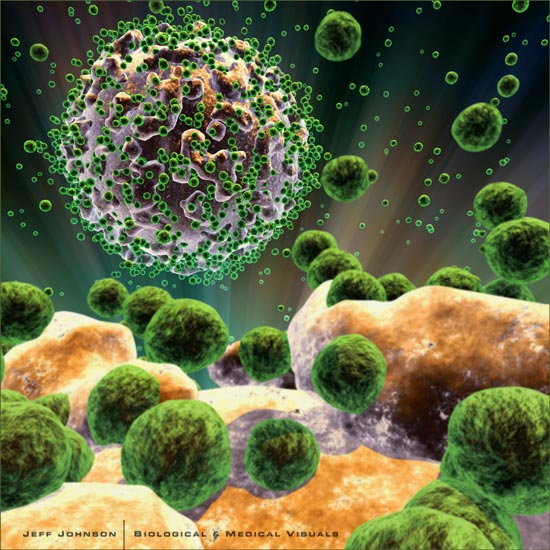
Anti-retroviral treatments (ARVs) could contain the spread of Aids within five years, a top scientist has said.
By testing everyone in high-risk regions and treating all those to be found HIV positive would save millions of lives and reduce transmission by making people who carry the virus less infectious, said Dr Brian Williams, a former WHO epidemiologist who is now based at the South African Centre for Epidemiological Modelling and Analysis (sacema).
Such an initiative would initially be costly – up to £2bn in South Africa alone – but long-term social and economic benefits would be significant, with reduced amounts of care needed for Aids patients, and fewer deaths.
Speaking at the American Association for the Advancement of Science (AAAS) conference in San Diego, Dr Williams said: “The question is, can we use anti-retroviral drugs not only to keep people alive, but to stop transmission? I believe that we can. I believe that if we use them effectively we could stop the transmission within a few years.”
Anti-retroviral drugs are having a big impact in reducing deaths of patients where there is good access to them. Only about 12 per cent of HIV-positive people are currently taking the drugs, however.
As well as preventing the development of Aids, the drugs can reduce HIV concentrations in the patients blood by up to 2,000 times, making them 25 times less likely to infect others through unprotected intercourse.
“The tragedy is that the disease continues unabated. The only real success story is the development of these extremely effective drugs that keep people alive and reduce their viral load by up to 2,000 times. They become close to non-infectious.
“While the rapid scale-up in the provision of ART in the last five years has exceeded expectations, it has not reduced HIV-transmission and Aids-related TB because it has been given too late in the course of infection.”
Dr Williams said a few clinical trials were already beginning in the US, Canada and sub-Saharan Africa – and he hoped to have the answer “in one or two years”. At that point he hopes it will be possible to “break the back of the epidemic”.
Kenneth Mayer, professor of medicine at Brown University in the US state of Rhode Island, agreed that treating patients early with ARVs was a matter of “public health”.
However Lisa Power, head of policy at the Terrence Higgins Trust warned that the it is unrealistic to expect ARVs to stop the epidemic. She warned that people are at their most infectious in the first months after contracting HIV and would likely pass on the virus before they have a chance to get tested.
“We need to get answers [from these trials] quickly. That will help us move forward,” Dr Williams said.